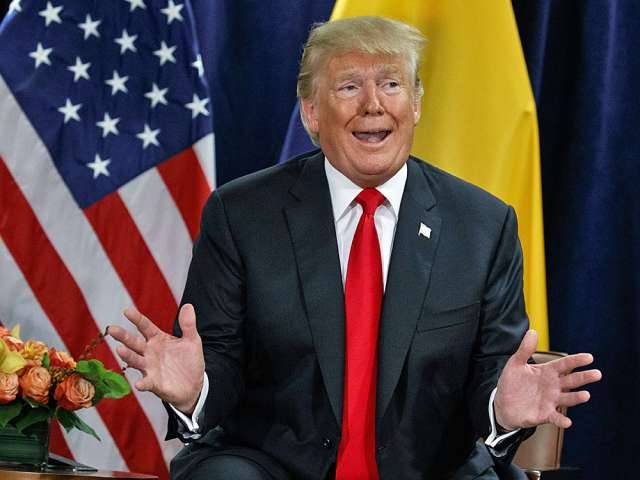Speaking to reporters at the White House on 6 January, President Donald Trump claimed that Iran was not doing well and wanted to hold talks with the United States. Iranian Foreign Ministry spokesman Bahram Qassemi has flatly rejected Donald Trump's claims that Tehran had sought talks with Washington, saying that the US president was only giving voice to his "false and unattainable dreams".
"He knows that the Islamic Republic of Iran has been faced and familiar with American pressures and sanction policies for decades", Qassemi said, adding that Trump's "dreams have nothing to do with the existing realities". The ministry spokesman said that POTUS "should know that the Iranian nation will never bow to the oppressive US pressures, least of all to the rulers who choose sanctions over respect and walls over bridges".
"Throughout their turbulent but proud history, Iranians have learned how to resist expansionists and bullies and defeat those hostile to Iran", he added. Qassemi's comments were made in response to Trump's Sunday claims that the Iranian economy had been badly damaged due to US sanctions.
"They [Iran] are not doing well. They want to talk [with the US]", Trump told reporters at the White House. Relations between the two countries deteriorated last May after Trump announced Washington's unilateral withdrawal from the 2015 Joint Comprehensive Plan of Action (JCPOA), also known as the Iran nuclear deal, under which anti-Iran sanctions were lifted in exchange for Tehran maintaining the peaceful nature of its nuclear programme.
As part of his decision, Trump re-imposed all sanctions and introduced new restrictions on Iran's energy, shipping, financial and other sectors, with a stated goal to reduce the country’s oil exports to zero.
The US president threatened to slap foreign companies doing business with Iran with secondary sanctions, but granted a handful of nations — China, India, Japan, South Korea, Italy, Greece, Turkey, and Taiwan — temporary waivers, allowing them to continue buying Iranian oil if they make substantial cuts to their purchases.
In response, Iran has repeatedly warned the US against any hostile or provocative actions, threatening to block the Strait of Hormuz, the narrow mouth of the Persian Gulf and the strategic waterway linking Middle East crude producers to crucial world.






